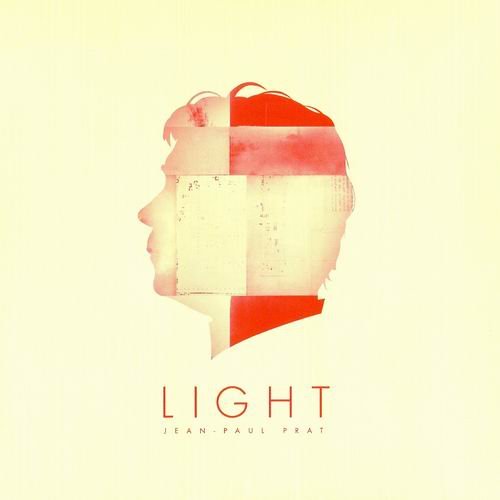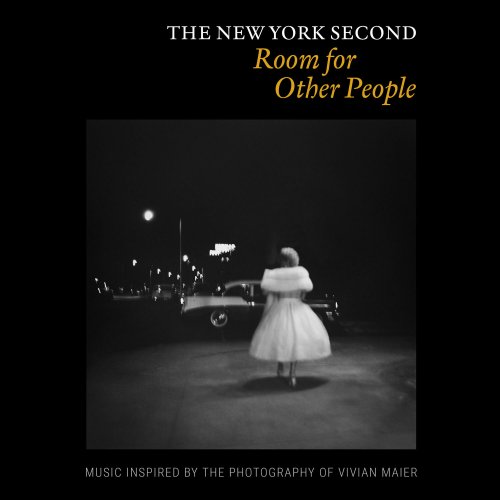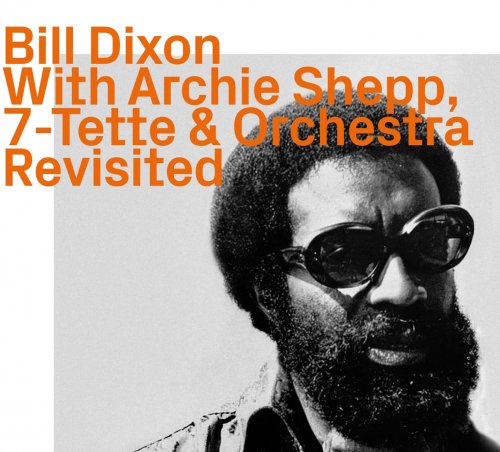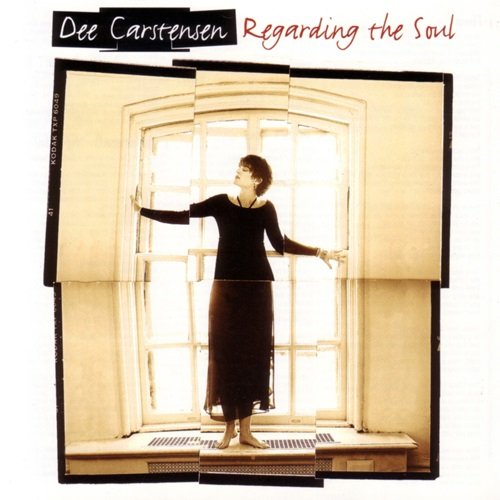Marc Cary - Blackanomics (2024)
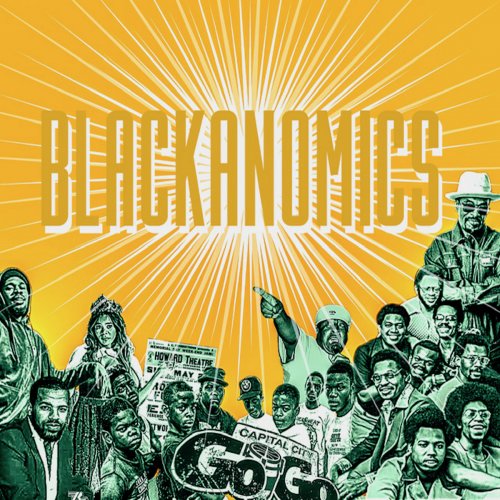
Artist: Marc Cary
Title: Blackanomics
Year Of Release: 2024
Label: Sessionheads United
Genre: Jazz Fusion
Quality: 16-44100 FLAC
Total Time: 00:57:22
Total Size: 352 MB
WebSite: Album Preview
If Washington, D.C. could be only one musical instrument, it would be drums. And drums play a vital role in the city’s indigenous music, best known as go-go. Often powered by an arsenal of trap drums, congas, roto-toms, and timbales, numerous go-go ensembles such as Trouble Funk, EU, Rare Essence, Mass Extinction, Little Benny and the Masters, and course Chuck Brown and the Soul Searchers created propulsive Caribbean/Afro-Latin-tinged music that singed with insistent polyrhythmic friction, energetic call-and-response banter, entrancing grooves, and indefatigable energy. That fire continues to heat up D.C. streets and neighborhoods.Title: Blackanomics
Year Of Release: 2024
Label: Sessionheads United
Genre: Jazz Fusion
Quality: 16-44100 FLAC
Total Time: 00:57:22
Total Size: 352 MB
WebSite: Album Preview
It’s go-go music’s enduring legacy that acclaimed pianist, keyboardist, composer, and bandleader Marc Cary proudly toasts on Blackanomics. Since its emergence in the mid’60s, the genre has withstood various other popular black-American music trends, the crack-cocaine epidemic of the ’80s and ’90s, and more recently, the vicious gentrification in Washington, D.C.
As a jazz artist, Cary is both a torchbearer and a fire starter. From playing with titans such as Art Taylor, Clifford Jordan, Betty Carter, Abbey Lincoln, and Dizzy Gillespie, he’s absorbed expansive jazz acumen. Beginning in the mid-’90s, when he started his solo career, he also collaborated with a galaxy of musical talent that includes jazz contemporaries such as Roy Hargrove and Stefon Harris; deep house heavyweights such as Ron Trent, Joe Clausell, and Little Louie Vega; and hip-hop royalty such as rapper Q-Tip. Cary deftly reconciles those idioms and genres into a singular, identifiable voice. He attributes part of his original voice to his involvement with go-go music while growing in Chocolate City.
“Go-go is in my sound; it’s the music that got me into jazz,” Cary explains before mentioning that he formed his first go-go band, High Integrity, when he was 14-years-old. He recalls the band’s humble beginning as the members started out playing on pan cans and buckets instead of conventional percussion. “Then we got donations from different churches,” he explains. “As we became more proficient on our buckets and cans, we modulated to timbales and roto-toms, congas, and drums, keyboards, and horns. It just started building into a real group.”
High Integrity won many battle-of-the-bands throughout Washington, D.C. After mid-school, Cary enrolled at the District’s famed Duke Ellington School of the Arts, which led to him performing in the Dizzy Gillespie Youth Orchestra. After that, he studied with veteran pianist and composer Walter Davis and trombonist Calvin Jones while attending the University of the District of Columbia. After two years in college, he moved to New York in 1988.
Within Cary’s fascinating discography, go-go’s polyrhythmic pulse is most noticeable on his three albums with his Indigenous People ensemble – Unite, Captured Live in Brazil, and N.G.G.R. Please. On Blackanomics, however, Cary recruits for the first time some of the District’s most respected go-go musicians to deliver a 21st-century masterpiece. The rhythm section includes percussionist Go-Go Mickey Freeman, and drummers Domo Youngman Lee, Kenny Kwick, Duane “Poo” Payne, and Russell Carter – all established go-go musicians. Blackanomics features a phalanx of go-go vocalists too – MC Mello, Donnell Floyd, MC Naba Napalm, NYC open mic legend Ron Grant, and DC’s Alison Crockettand Dennis Jeter.
“I wanted some of the original go-go players on this album,” Cary says. “I look at all the other Indigenous People albums as practice sessions for this one. I’ve always wanted these musicians on my records. But I didn’t have any of these musicians in my groups. I also wanted to present some original compositions. You don’t get too many original compositions in go-go music. Go-go bands do a lot of covers.”
The other musicians on the album are organist Matthew Whittaker; bassists Nate Jones, Tarus Mateen, and Rahsaan Carter; guitarists Flavio Silva, Teddy Crockett, and Ahmad Cary; singer Alison Crockett; and the Chops horn section. In addition to keyboards, Cary joins the percussion section by playing cowbell and timbales.
Blackanomics is not just an homage to Cary’s childhood soundtrack, it’s a love letter to the culture’s community-based economy that helped nurture many young talented musicians, producers, and sound engineers. “Go-go performances kept the dollar circulating within communities for well over two weeks after certain concerts. That empowered a lot of musicians to have to not leave D.C. in search of work,” Cary says.
Tracklist:
1-1. Marc Cary, Indigenous People - Owed To Mayor Barry (feat. Indigenous People) (02:42)
1-2. Marc Cary, Matthew Whitaker, Go-Go Mickey, Indigenous People - Blackhouse (feat. Indigenous People, Matthew Whitaker & GoGo Mickey) (03:21)
1-3. Marc Cary, Indigenous People - The Emery Park Socket (feat. Indigenous People) (04:42)
1-4. Marc Cary, Indigenous People - Barry Farm (feat. Indigenous People) (04:56)
1-5. Marc Cary, MC Mell'O', Naba Napalm, Indigenous People - Sober Tones (feat. Indigenous People, Naba Napalm & MC Mell'o') (04:13)
1-6. Marc Cary, Ron Grant, Indigenous People - Feel (feat. Indigenous People & Ron Grant) (04:55)
1-7. Marc Cary, Alison Crockett, Indigenous People - Baltimore (feat. Indigenous People & Alison Crockett) (04:34)
1-8. Marc Cary, Indigenous People - U Street Lights (feat. Indigenous People) (05:43)
1-9. Marc Cary, Indigenous People - Dollar Black (feat. Indigenous People) (05:24)
1-10. Marc Cary, Indigenous People, Donnell Floyd - It's Right There (feat. Indigenous People & Donnell Floyd) (04:33)
1-11. Marc Cary, Indigenous People - Styles (feat. Indigenous People) (04:06)
1-12. Marc Cary, Indigenous People, Vocalzbyjamelle - Souls Destiny (feat. Indigenous People & VocalzbyJamelle) (03:38)
1-13. Marc Cary - East West (04:35)
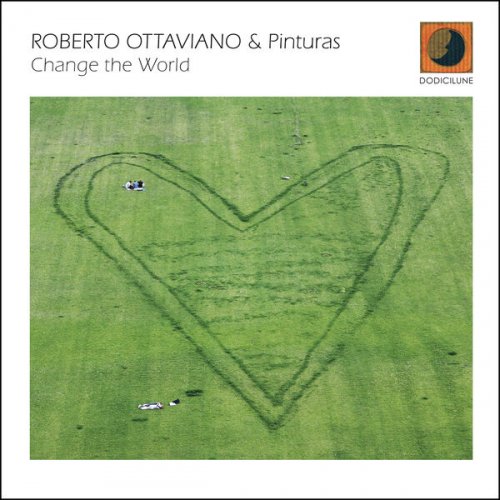
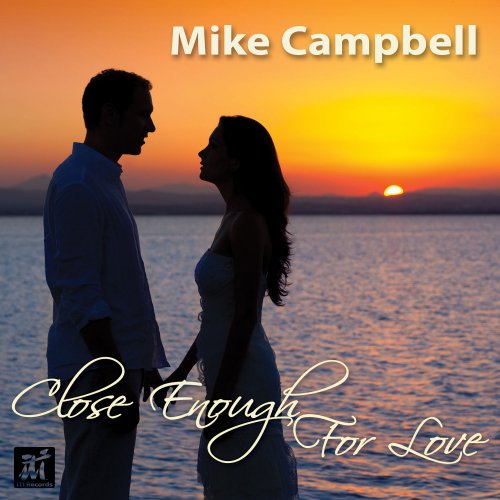
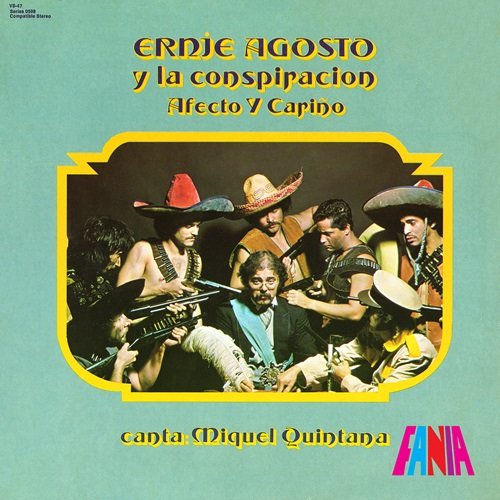
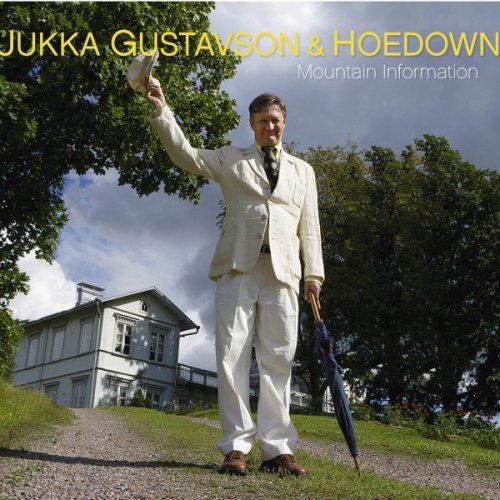
![Ari Bragi Karason - Unclear Family (2026) [Hi-Res] Ari Bragi Karason - Unclear Family (2026) [Hi-Res]](https://img.israbox.com/img/2026-02/06/yjelz9np21fbxv7fdk3vpg5p0.jpg)
